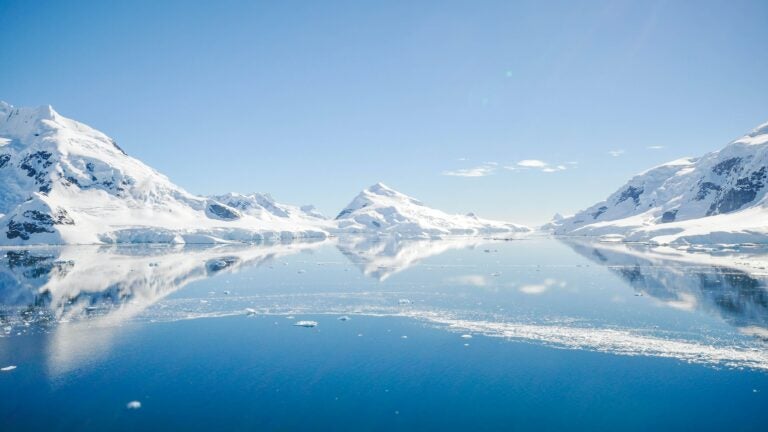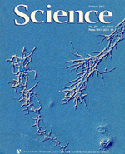General Research Theme
The general question we study is the adaptation potential of marine organisms to environmental change. The specific area of research being addressed in my laboratory group is the environmental physiology of development of marine invertebrates, especially the early stages of development (“larvae”). Understanding growth and development of any animal in its natural environment – be it terrestrial or aquatic – is a complex process. For species of marine animals, the problem of understanding the biology of larval stages is further complicated by the vast scales and changing environments of the world’s oceans over which life-history strategies are known to vary.
Examples of our studies of larval development in “extreme environments”
(Antarctica; Deep-sea hydrothermal vents)
Paper on Antarctic larvae
Metabolic efficiency in an extreme-cold environment: “High macromolecular synthesis with low metabolic cost in Antarctic sea urchin embryo”
Paper on hydrothermal vent larvae
Physiology and dispersal potential of deep-sea vent larvae: “Larval dispersal potential of the tubeworm Riftia pachyptila at deep-sea hydrothermal vents.”
Research Areas
Learn more about my group’s research specific areas.
Contact
Professor Donal T. Manahan
Department of Biological Sciences
USC Dornsife College of Letters, Arts and Sciences
University of Southern California
Los Angeles, CA 90089-0371


